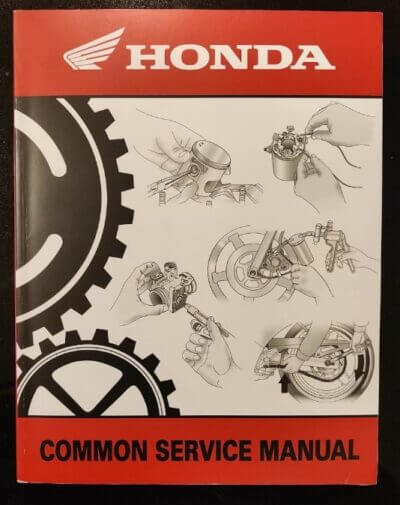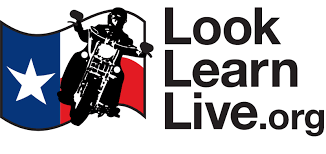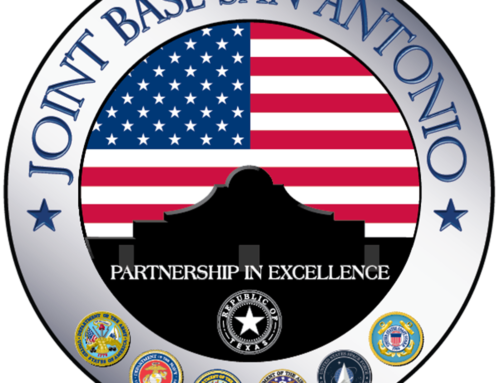May is Motorcycle Safety Awareness Month!
Working on Motorcycles: A Basic How-To
May is Motorcycle Safety Month!

If you love motorcycles and want to learn how to maintain, repair, or customize them, you might be wondering where to start. Learning to work on motorcycles can be a rewarding hobby, a useful skill, or even a career path. But it can also be intimidating, especially if you have no prior experience or knowledge of mechanics. Don’t worry– anyone can learn to work on motorcycles with some curiosity, patience, and guidance. Here are some steps you can take to get started:
- Get curious
The first step to learning motorcycle mechanics is to get curious about how motorcycles work. What are the main components of a motorcycle? How do they interact with each other? What are the common problems and solutions?
You can find answers to these questions by reading books, articles, manuals, and forums about motorcycle mechanics. You also can watch videos, podcasts, or documentaries that explain the basics of motorcycle technology. Some examples are:
- How a Motorcycle Works, a video by Science Channel that shows the inner workings of a motorcycle engine and transmission.
- Motorcycle Mechanics for Dummies, a series of articles by Dummies.com that covers topics such as motorcycle types, parts, tools, maintenance, and
 troubleshooting.
troubleshooting. - Honda Common Service Manual, a very informative book by Honda that covers all the basics of motorcycle maintenance and technology for various models and generations.
- Build on small successes
The next step is to apply what you learn by doing some simple tasks on your own motorcycle. Start with something easy and manageable, such as checking the oil level, changing the spark plugs, or adjusting the chain tension. These tasks will help you familiarize yourself with your motorcycle’s anatomy and functions, as well as the tools and techniques you need.
You can find step-by-step instructions for these tasks in your motorcycle’s owner’s manual or an aftermarket manual such as from Clymer, Haynes, or similar sources. You also can watch the above listed tutorial videos on YouTube or other platforms that show you how to do these tasks on your specific model.
As you complete these tasks, you will gain confidence and satisfaction in your abilities. You also will learn from your mistakes and improve your skills. Gradually, you can move on to more challenging tasks, such as cleaning the carburetor, replacing the brake pads, or adjusting the valves.

- Find a mentor
While you can learn a lot from books and videos, nothing beats having a mentor who can teach you in person. A mentor is someone who has more experience and knowledge than you, and is willing to help you learn. A mentor can show you how to do things that are not covered in manuals or videos, such as diagnosing problems, using special tools, or customizing parts. A mentor also can give you feedback, tips, tricks, and encouragement.
You can find a mentor in various ways. You could ask a friend or family member who owns or works on motorcycles, or join a motorcycle club or group and make connections with other riders. You can also enroll in a motorcycle mechanic course at a community college or trade school. You can even visit a motorcycle shop or garage and ask if they offer apprenticeships or internships.
- Create your own work area
Another step to learning motorcycle mechanics is to create your own work area where you can store your tools and work on your projects. Having your own work area will make it easier and more convenient for you to practice your skills and experiment with different ideas. It also will help you keep your motorcycle clean and safe from damage or theft.
Your work area doesn’t have to be fancy or spacious. It can be a corner of your garage, basement, backyard, or driveway. The important thing is that it has enough room for your motorcycle and your tools, as well as good lighting and ventilation. You also should have access to power outlets and water sources.
Some of the essential tools you will need are:
- A set of wrenches, sockets, screwdrivers, pliers, hammers, and allen keys
- A torque wrench
- A multimeter
- A tire pressure gauge
- A jack stand or lift
- A drain pan
- A funnel
- A shop manual
You can buy these tools online or at hardware stores. Or, you can borrow them from your mentor or friends until you can afford your own.
- Buy and rebuild an old motorcycle
One of the best ways to learn motorcycle mechanics is to buy and rebuild an old motorcycle. This will give you a chance to apply everything you have learned so far and challenge yourself with new problems and solutions. It also allows you to express your creativity and personality by customizing your motorcycle according to your preferences.
You can find old motorcycles for sale online or at auctions. Ideally you should look for a model that is relatively common and easy to work on. Don’t forget to inspect the motorcycle carefully and make sure it has a clear title before buying.
Once you have your old motorcycle, you can start rebuilding it by following these steps:
- Strip down the motorcycle to its bare frame
- Clean and inspect every part for wear and tear
- Replace or repair any damaged or missing parts
- Reassemble the motorcycle according to the manual
Test the motorcycle for functionality and safety

- Keep learning and having fun
The final step is to keep learning and having fun with motorcycle mechanics. There is always something new to learn or try in this field. You can expand your knowledge by reading more books and articles, watching more videos, taking more courses, joining new clubs, or attending more events. You also can improve your skills by working on more motorcycles, trying new techniques, or joining more projects.
Most importantly, you should enjoy the process of learning and working on motorcycles! Motorcycle mechanical knowledge is not only useful, it is also a truly rewarding hobby. It can bring you joy, satisfaction, pride, and freedom, and connect you with other people who share your passion.
So, what are you waiting for? Grab your tools and start learning today!
We at the Herd Law Firm, PLLC, are motorcycle riders, too! We support bikers and motorcyclists injured on the road, and have successfully represented such victims seeking the assistance and compensation they so need and deserve.
5/17/2023
Sources:








